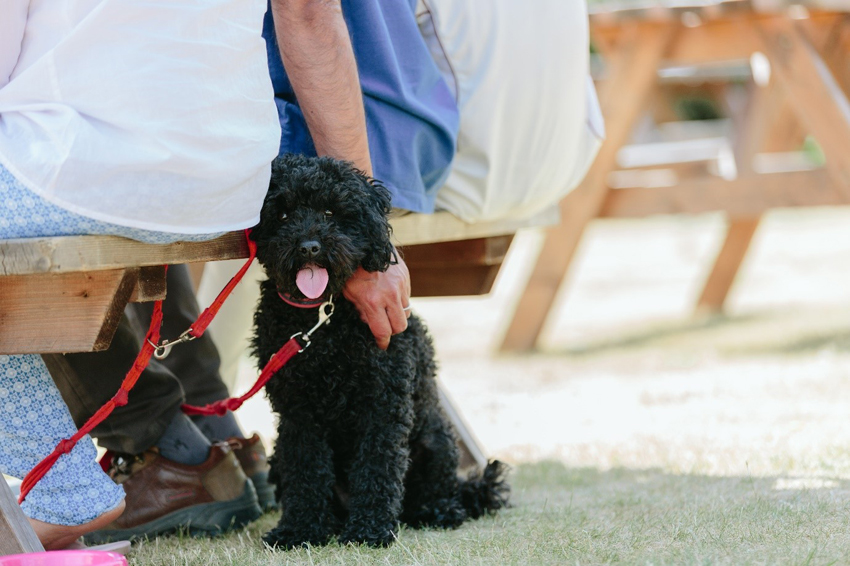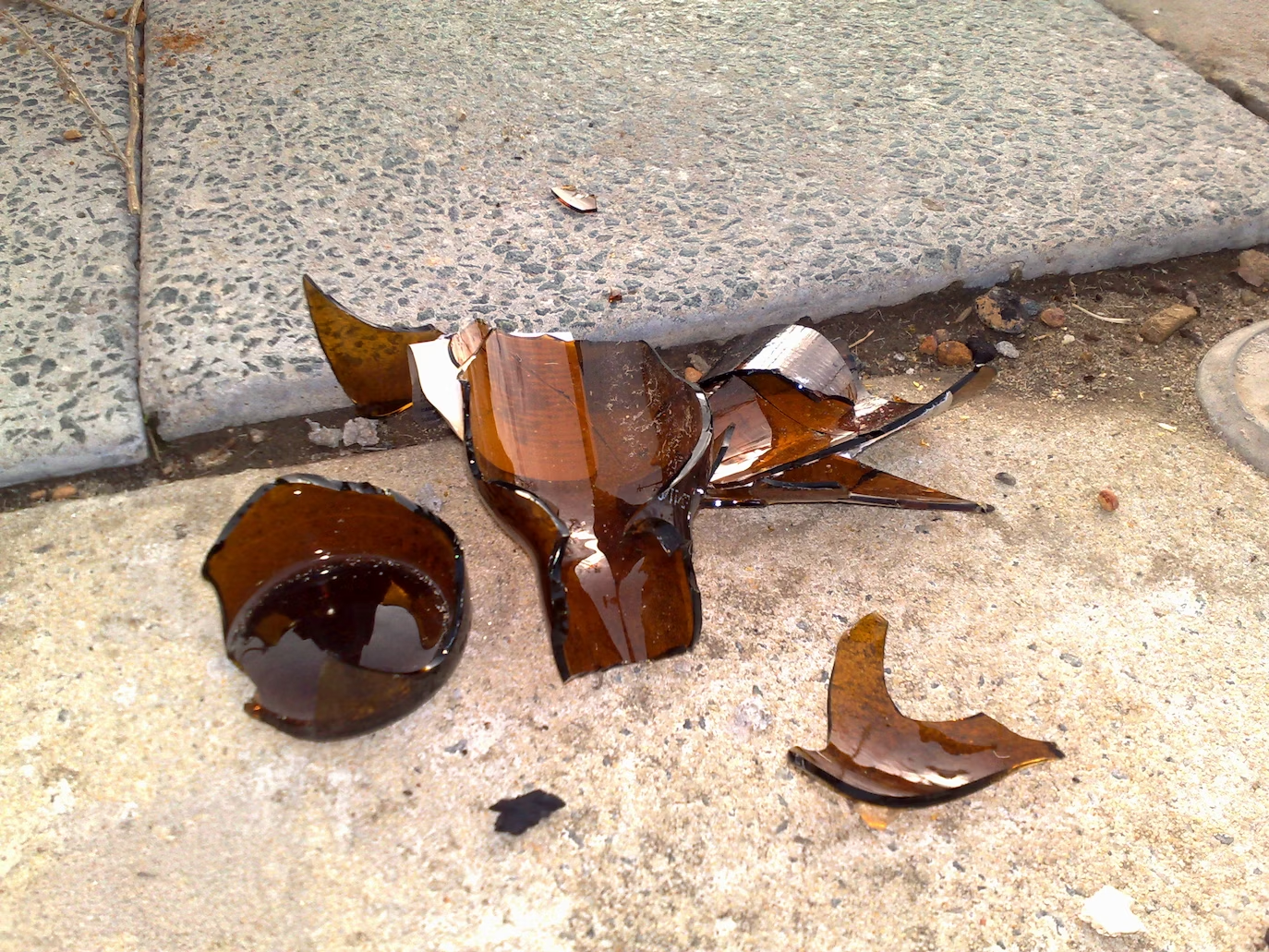Wandsworth Public Spaces Protection Order Consultation 2023
Overview
What are PSPOs?
Public Spaces Protection Orders (PSPOs) are an element of legislation introduced by the Anti-Social Behaviour, Crime and Policing Act 2014 (the 2014 Act) to tackle anti-social behaviour (ASB) in a flexible and responsive way.
A PSPO prohibits specific activities within a defined area and/or requires specified things to be done by persons carrying on specified activities in that area. It is intended to deal with particular nuisances or problems that are detrimental to the local community’s quality of life and ensure that people can use and enjoy public spaces safe from ASB.
Under Section 67 of the 2014 Act, it is a criminal offence for a person, without reasonable excuse, to do anything that the person is prohibited from doing by a PSPO; or fail to comply with a requirement to which the person is subject under a PSPO. A person convicted of such an offence faces a maximum fine of up to £1,000.
It is not however an offence to consume alcohol in breach of a PSPO but under Section 63(6) it is an offence, without reasonable excuse, to fail to comply with a requirement imposed on a person e.g. to cease drinking or to surrender alcohol. A person convicted of such an offence faces a maximum fine of up to £500.
Alternatively, breaches of PSPOs are commonly dealt with through the issuing of Fixed Penalty Notice (FPN). Where a FPN is issued, provided the fixed penalty is paid within 14 days, a person is no longer liable to prosecution. The fixed penalty under the existing PSPO is, set at £100, reduced to £75 if paid within 10 days.
Background
In 2020 Wandsworth Council implemented a borough wide PSPO allowing council authorised persons as well as the police, to take action against people found drinking alcohol or consuming Novel Psychoactive Substances (NPS) (Nitrous Oxide) and causing anti-social behaviour in a public space. The Order also covered various dog controls in public places across the Borough, including parks and open spaces. This PSPO will expire in October 2023.
What's being proposed and why?
It is proposed that the 2020 Order is not extended but instead a new two-year borough-wide PSPO is introduced to address:
- Alcohol related anti-social behaviour
- Possession and consumption of Novel Psychoactive Substances (Nitrous Oxide) in a public space
- Lack of dog control across the borough and in our parks and open spaces
The proposed PSPO will largely include the same prohibitions and restrictions which applied under the 2020 Order, but the opportunity has been taken to refresh the PSPO.
1 Anti-social behaviour caused by drinking alcohol in a public space
Alcohol related ASB can quickly escalate and have a significant and lasting impact upon communities. Whilst most residents, visitors or people living and working in the borough drink socially and behave responsibly, their right to enjoyment of our public spaces can be threatened by those who behave in an anti-social manner.
The proposed PSPO would not prohibit responsible drinking in public spaces, only problematic ASB drinking causing a nuisance to others.
If a person consumes alcohol in a public space and causes, or is likely to cause nuisance or annoyance to any other person, s/he will breach the PSPO. Whilst this, in itself, will not be an offence, s/he can be required by an authorised person to stop drinking and surrender the alcohol or the container for alcohol. It will be a criminal offence to fail to comply with such a requirement.
2 Use of Novel Psychoactive Substances in a public space
Novel Psychoactive Substances (NPS) have become commonly known as ‘legal highs’, and they contain one or more chemical substances which produce similar effects to illegal drugs, for example Nitrous Oxide, better known as ‘laughing gas’.
In May 2016, the Psychoactive Substances Act became law, however the Act does not make it an offence to be in possession of or to misuse NPS, unless a PSPO is in place to prohibit such activity.
The misuse of NPS in the UK is growing and more people are purchasing these drugs online than ever before, with associated negative effects on the physical and mental health of users.
The proposed PSPO will prohibit the consumption and/or possession of NPS in a public space. It will be a criminal offence to consume or be in possession of NPS. An authorised person may require a person to stop consuming NPS or to surrender it. It will be a criminal offence to fail to comply with such a requirement.
3 Dog Control in parks and open spaces
In September 2009, the Council made Dog Control Orders (DCOs) in respect of all parks and open spaces across the borough. The 2014 Act abolished DCOs but existing DCOs were converted, after 3 years to PSPOs.
The 2020 PSPO imposed the following dog controls in relation to parks and open spaces:
- Fouling of land by dogs – an offence is committed when the person in charge of a dog fails to remove faeces deposited by the dog
- Areas where dogs are required to be on leads – an offence is committed when the person in charge of a dog fails to keep the dog on a lead (for example car parks and café outdoor seating areas)
- Areas where an authorised person can require a person in charge of a dog to put and keep the dog on a lead – it is an offence to fail to comply with such a requirement
- The exclusion of dogs from specified areas – an offence for the person in charge of a dog to take it onto a dog exclusion area, or permit it to enter or remain in an such an area (eg formal / fenced playgrounds and lakes and ponds)
- The maximum number of dogs that an individual may take onto specified areas – an offence is committed when the person in charge of the dogs takes more than the permitted number into such an area
Each public space in the Borough, including parks and open spaces, is different and as such, the dog controls imposed was determined having regard to the size and nature of each.
A review of each open space has been carried out to consider any changes that may be necessary since the DCOs were made in 2009.
For the purposes of Dog Control in parks and open spaces within this new PSPO sites also include Leisure Centre outdoor spaces and the Town Hall car park and gardens - please see full list of open spaces here.

PLEASE NOTE: A review of the current licensing scheme for multiple dog walkers (professional and owners) has been carried out and we are consulting on proposed amendments to the scheme which was introduced in 2005. Please see the 'Walking Multiple Dogs' section of the survey to give us your views on this.
4 Dog Control on public highways and pavements
The new Order imposes certain restrictions on walking of dogs on-streets etc borough-wide. These apply to all public highways and associated gutters, public footpaths and pavements, tree bases, grass verges and grass amenity areas adjacent to highways.
For these areas, the following restrictions would apply:
- Fouling of land by dogs – an offence is committed when the person in charge of a dog fails to remove faeces deposited by the dog
- Areas where dogs are required to be on leads – an offence is committed when the person in charge of a dog fails to keep the dog on a lead
- The maximum number of dogs that an individual may take onto specified areas – an offence is committed when the person in charge of the dogs takes more more than the permitted number into such an area
Please note: The dog controls in the proposed PSPO will not apply to Council Housing land, as separate Dog Byelaws are in place regulating dogs in those areas.

Why are we consulting?
The 2014 Act requires the Council to carry out the necessary consultation and necessary publicity before making a PSPO and to consider the potential impact of any proposals.
The Equality Impact Needs Assessment (EINA) here explains the potential impacts the proposed PSPO would have on groups with protected characteristics. The proposal however largely mirrors those included in the 2020 PSPO which will remain in force until October 2023.
We would like to hear the views of residents and businesses in the Borough, as well as others who visit the Borough for work or leisure but who live outside it, so we can take all views into account before making any decisions.
We will also consult with the following organisations about the proposed PSPOS:
- Metropolitan Police Service
- Mayor’s Office for Policing and Crime
- Transport for London
- Local Landlords and Resident Associations
- Chamber of Commerce, Business Improvement District members
- Wandsworth Business Action on Crime
- Neighbourhood Watch Groups
With regards to the dog controls included in the proposed PSPO the following organisations will also be consulted as part of the wider engagement:
- Enable Leisure & Culture (who manage Wandsworth Parks)
- Parks Friends Groups and Management Advisory Committees
- Wimbledon and Putney Commons Conservators
- Battersea Cats and Dogs Home
- Dogs Trust
- Kennel Club
- Local community groups and societies
Have your say
We would like to hear your views on any aspect of the proposed PSPO.
Please read the EINA and the proposed Order before giving us your views using the online survey below.
If you need the questionnaire in paper or any other format, please contact us at consultationwandsworthpspo@richmondandwandsworth.gov.uk or 0208 871 8266.
What happens next?
All responses to the consultation will be analysed and carefully considered before being reported to Full Council later in the year.
If implemented, the PSPO would be introduced for two years but reviewed on a regular basis and could be extended for up to three years.
Areas
- All Areas
Audiences
- Open to all
Interests
- Wandsworth Borough



Share
Share on Twitter Share on Facebook